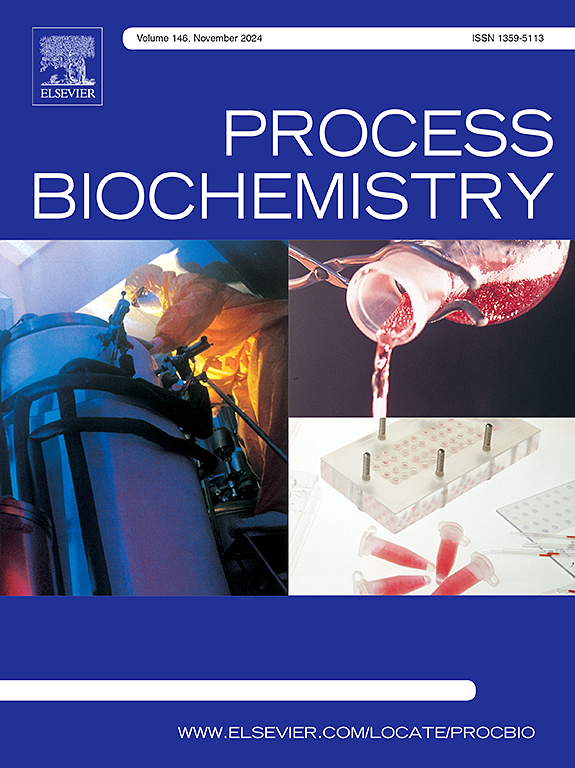Novel extraction and purification technologies for anthraquinones: Towards sustainable food preservation solutions
IF 3.7
3区 生物学
Q2 BIOCHEMISTRY & MOLECULAR BIOLOGY
引用次数: 0
Abstract
Food preservation technologies are pivotal for extending the shelf life of food products by incorporating chemical preservatives, thus ensuring the maintenance of flavor, nutritional content, and safety. As consumer demand for food safety and quality continues to escalate, there has been a burgeoning interest in natural alternatives due to their gentle antimicrobial properties and enhanced safety profiles. Among these, anthraquinones, predominantly derived from botanical sources such as rhubarb, senna, aloe vera, knotweed, and madder, have garnered significant attention. Recent findings have underscored the exceptional antimicrobial and antioxidant properties of anthraquinones, positioning them as promising candidates for natural food preservatives with substantial developmental and application prospects within the food preservation sector. Therefore, there has been a surge in the development of innovative extraction and purification methodologies aimed at harnessing natural anthraquinones from their botanical reservoirs. This review summarizes the current state of research on extraction and purification techniques for anthraquinones from a variety of natural plant species, along with an evaluation of their antimicrobial and antioxidant efficacies in the context of food preservation. Additionally, it delves into the preservative properties of anthraquinone compounds to offer insights that may facilitate efficient production and utilization of natural anthraquinones for food preservation.
求助全文
约1分钟内获得全文
求助全文
来源期刊

Process Biochemistry
生物-工程:化工
CiteScore
8.30
自引率
4.50%
发文量
374
审稿时长
53 days
期刊介绍:
Process Biochemistry is an application-orientated research journal devoted to reporting advances with originality and novelty, in the science and technology of the processes involving bioactive molecules and living organisms. These processes concern the production of useful metabolites or materials, or the removal of toxic compounds using tools and methods of current biology and engineering. Its main areas of interest include novel bioprocesses and enabling technologies (such as nanobiotechnology, tissue engineering, directed evolution, metabolic engineering, systems biology, and synthetic biology) applicable in food (nutraceutical), healthcare (medical, pharmaceutical, cosmetic), energy (biofuels), environmental, and biorefinery industries and their underlying biological and engineering principles.
 求助内容:
求助内容: 应助结果提醒方式:
应助结果提醒方式:


